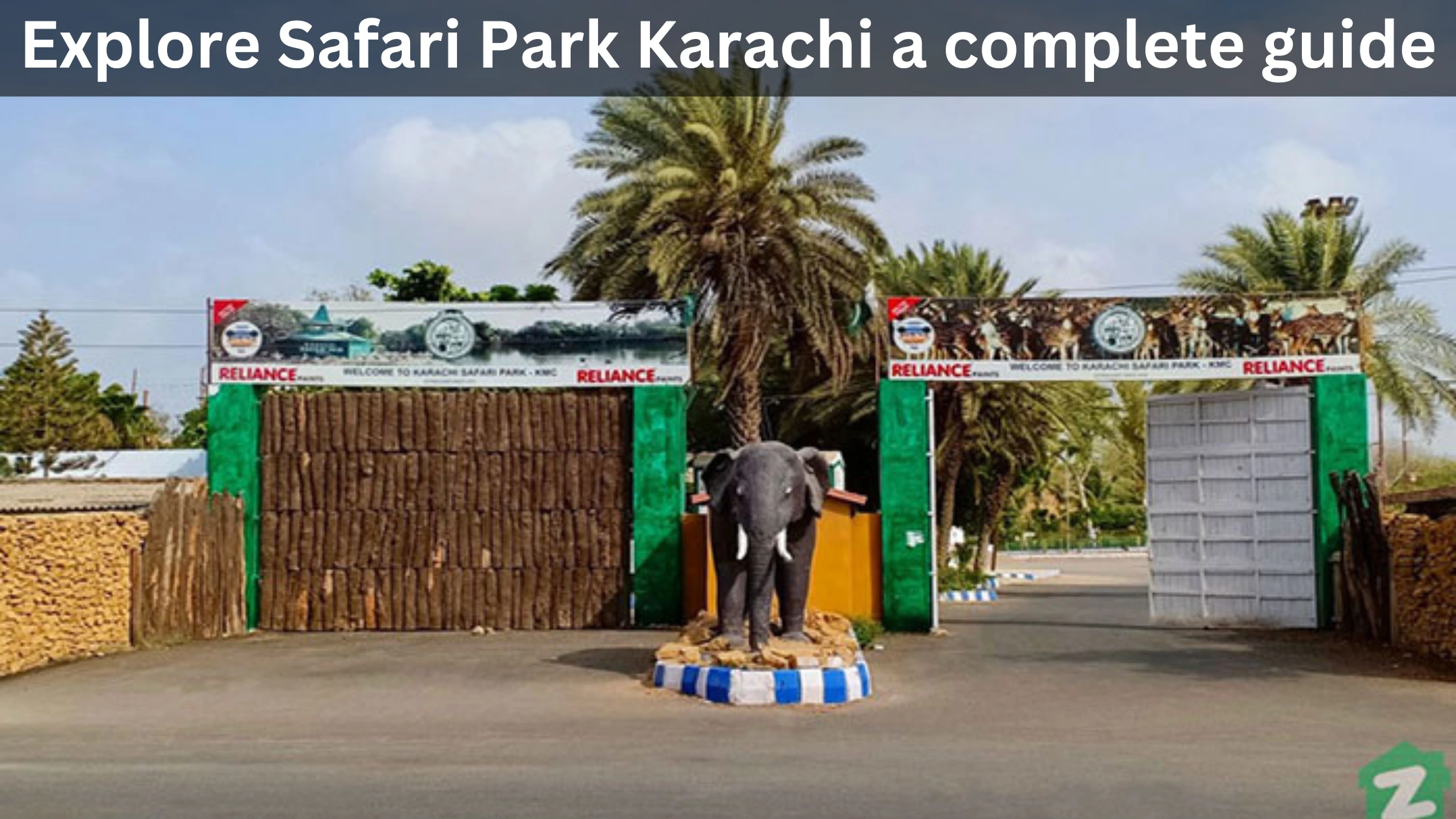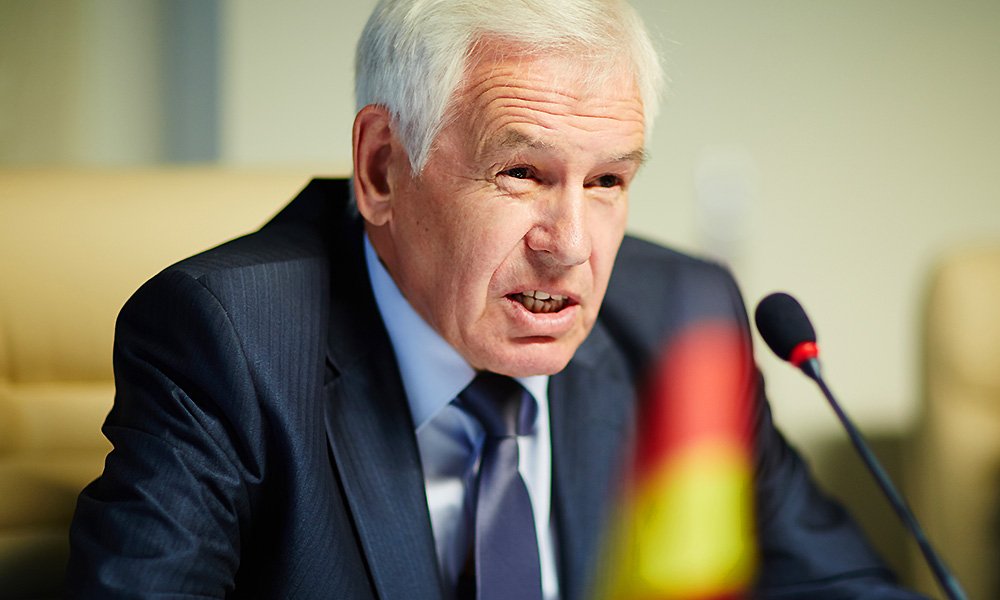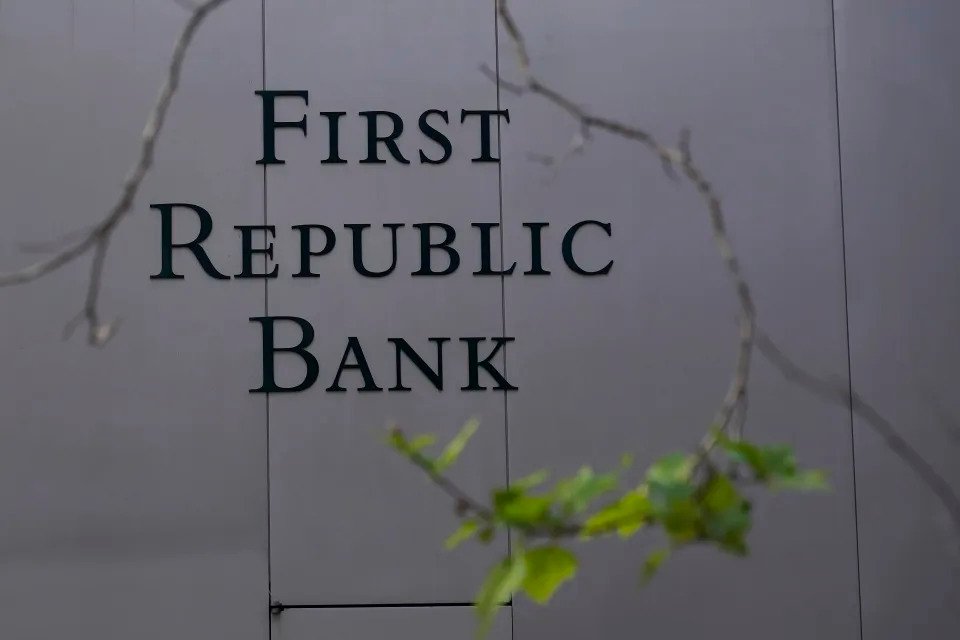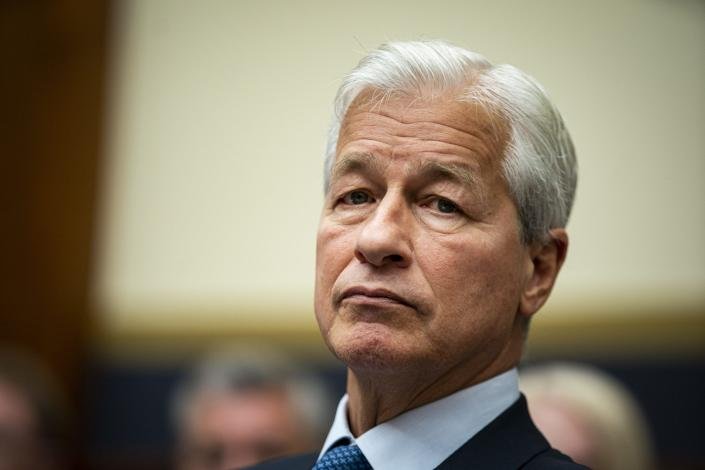Digital banking is a new way of banking that uses technology to provide financial services. The State Bank of Pakistan (SBP) has made a new rule that allows digital banks to operate in Pakistan. This rule has two types of licenses for digital banks: Digital Retail Bank (DRB) and Digital Full Bank (DFB).
DRBs will serve retail business, while DFBs will serve both people and businesses. DRBs need to have at least PKR 1.5 billion to start, and then gradually increase it to PKR 4 billion in three years. After that, they can apply to become DFBs, but they need to have more money and experience. Existing banks and other financial institutions can also become digital banks, if they have a good plan and experience with digital services.
Benefits of Digital Banking
Digital banking will bring many benefits to Pakistan.
One benefit is that it will help more people to access financial services, especially those who are poor or live in remote areas. Digital banks can use technology to offer cheap and easy services to these people, such as opening accounts, sending money, paying bills, and saving money. This will help them improve their financial situation and knowledge, and also help the economy to grow.
Another benefit is that it will make the banking industry more competitive and innovative. Traditional banks have been the main players in the industry for a long time, but they have not been very good at meeting the needs of their customers, especially in terms of new and better products and services. Digital banks, on the other hand, are good at offering new and better products and services that are suited for the needs of today’s customers, who are more familiar with technology.
Digital banking can also help to increase credit access for people and businesses. Credit access means the ability to borrow money for different purposes, such as buying a house, starting a business, or paying for education. Many people and businesses in Pakistan do not have enough credit access, because traditional banks are either too expensive or too strict to lend them money.
Digital banking can also help to develop the digital ecosystem in Pakistan by increasing the use of technology and cooperation between banks and fintechs. Fintechs are companies that use technology to offer financial services, such as online payments, mobile wallets, peer-to-peer lending, and more. There are about 269 fintech companies in Pakistan right now, and they are expected to grow more in the future. They can also create more jobs for the economy.
In summary, digital banking is a positive change for Pakistan’s financial sector and economy. It will help to increase financial inclusion, competition, innovation, credit access, and digital development.
Process of getting a digital bank license in Pakistan
The process of getting a digital bank license in Pakistan has 5 steps.
The first step is to get a No Objection Certificate (NOC) from SBP. This means that SBP agrees with the idea of starting a digital bank. The NOC is valid for 6 months, and during this time the bank must also register as a public company.
The second step is to apply for In-Principle Approval (IPA) within the 6 months. This means that SBP agrees with the plan of starting a digital bank. The IPA is valid for 12 months, and during this time the bank must meet the conditions of the NOC, such as having enough money.
The third step is to apply for a license to start the trial version of the bank within the 12 months. This means that SBP agrees with the readiness of starting a digital bank. The bank must be ready to operate and meet the conditions of the IPA. SBP will check the bank’s readiness before giving the license.
The fourth step is to start the trial version of the bank under a restricted license. This means that SBP allows the bank to operate on a limited basis for testing purposes. The restricted license is valid for 3 to 9 months, and cannot be extended.
The fifth step is to apply for a license to start commercial operations within the time limit of the restricted license. This means that SBP allows the bank to operate on a full scale for business purposes. The bank must end the trial version successfully and meet the conditions of the restricted license. SBP will check the bank’s readiness again before giving the license.
Requirment needed for digital bank licennse.
Requirements you need to fullfill in order to gain a digital bank license in Pakistan.
One requirement is having experience in providing digital financial services.
This can be done by:
- Any traditional bank that has been providing digital financial services for at least one year
- Any international bank or international digital financial service provider that has been successful for at least three years
- Any electronic money institution that wants to become a digital bank and has been providing digital financial services for at least one year
- Anyone who owns or controls a microfinance bank, electronic money institution, international bank, or international digital financial service provider and has been successful for at least three years
- Anyone who has experience in financial services, financial technology, telecommunications, technology platforms, information technology, or other related fields for at least three years. They must also own at least 5% of the digital bank, either alone or with others
So far, SBP has given NOCs to 5 applicants out of 20. These applicants are:
- Easy Paisa DB, a joint venture of Telenor Pakistan and Alipay
- Hugo Bank, by Getz Bros, Atlas Consolidated, and M&P Pakistan
- KT Bank, by Kuda Technologies, Fatima Fertilizer, and City School
- Mashreq Bank, a subsidiary of the UAE’s Mashreq Bank
- Raqami, by Kuwait Investment Authority, through PKIC and Enertech




































































